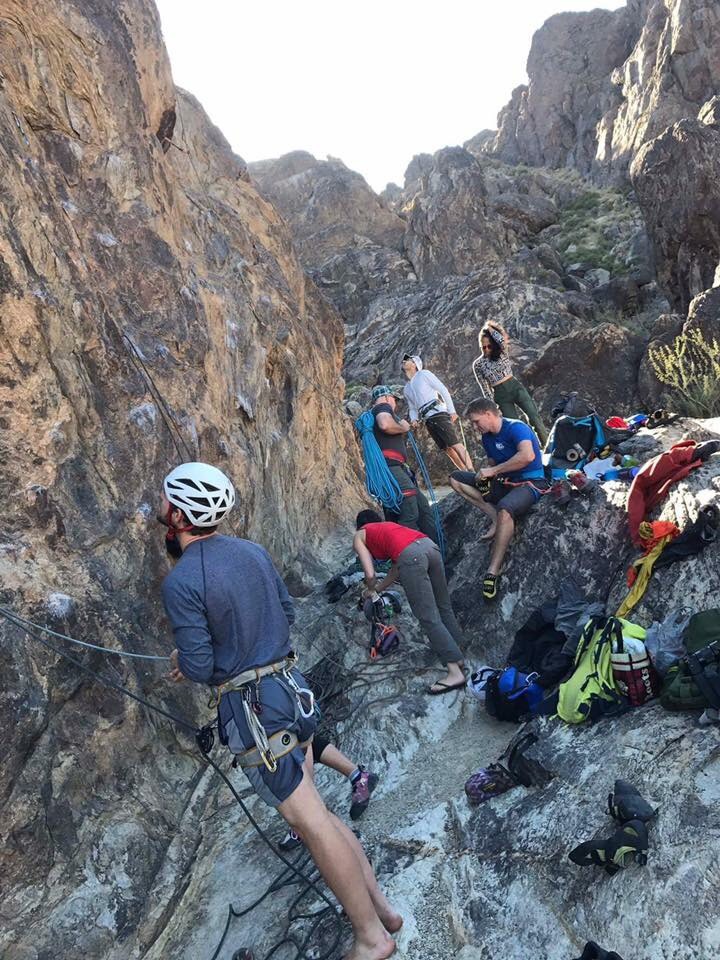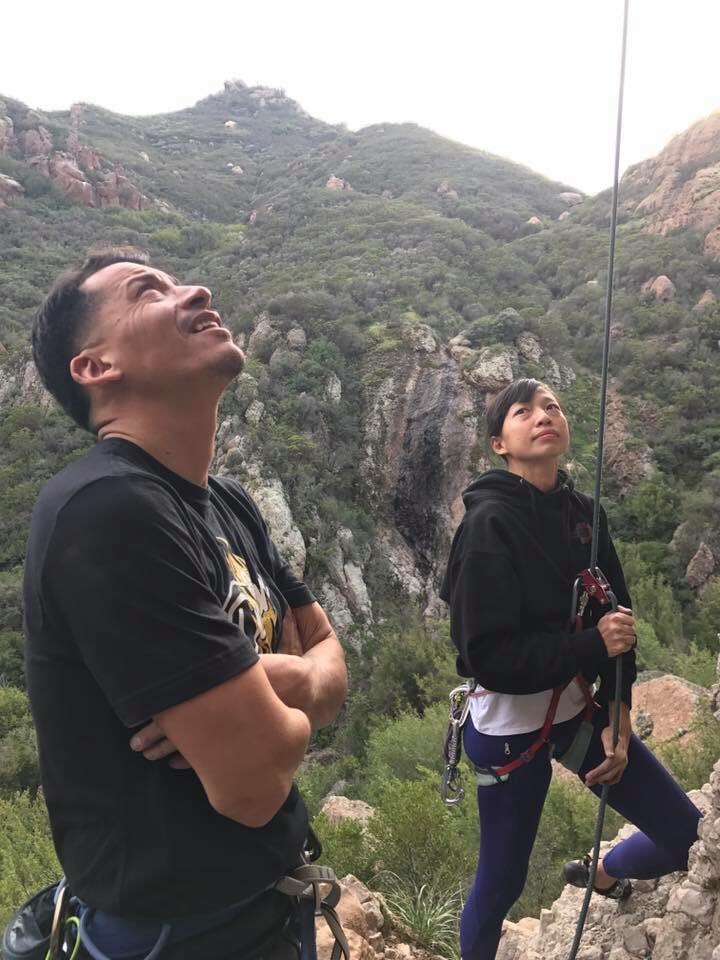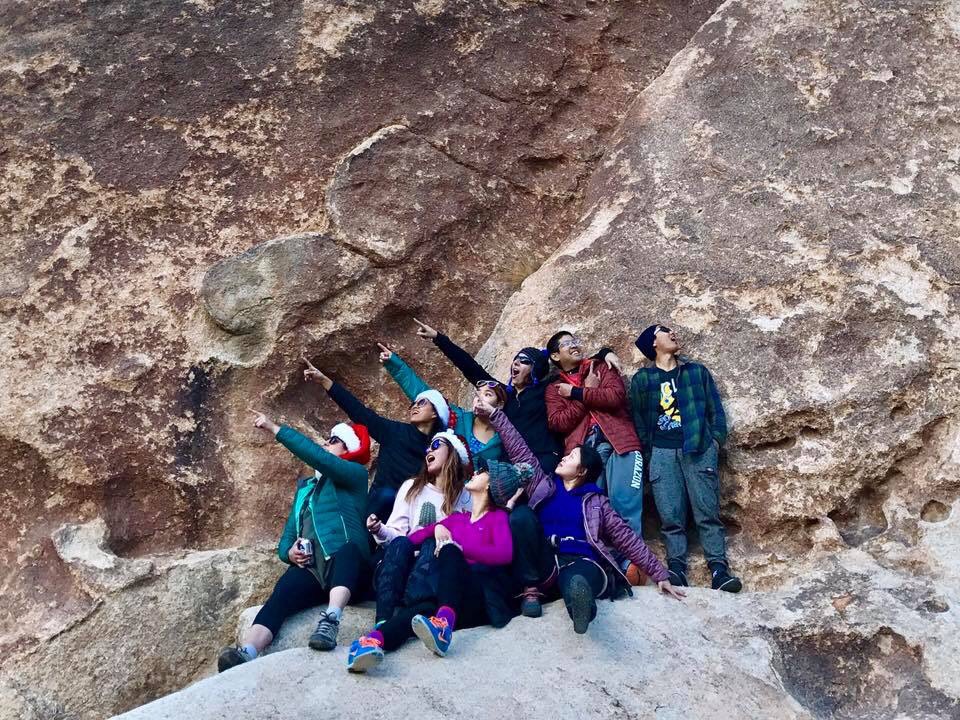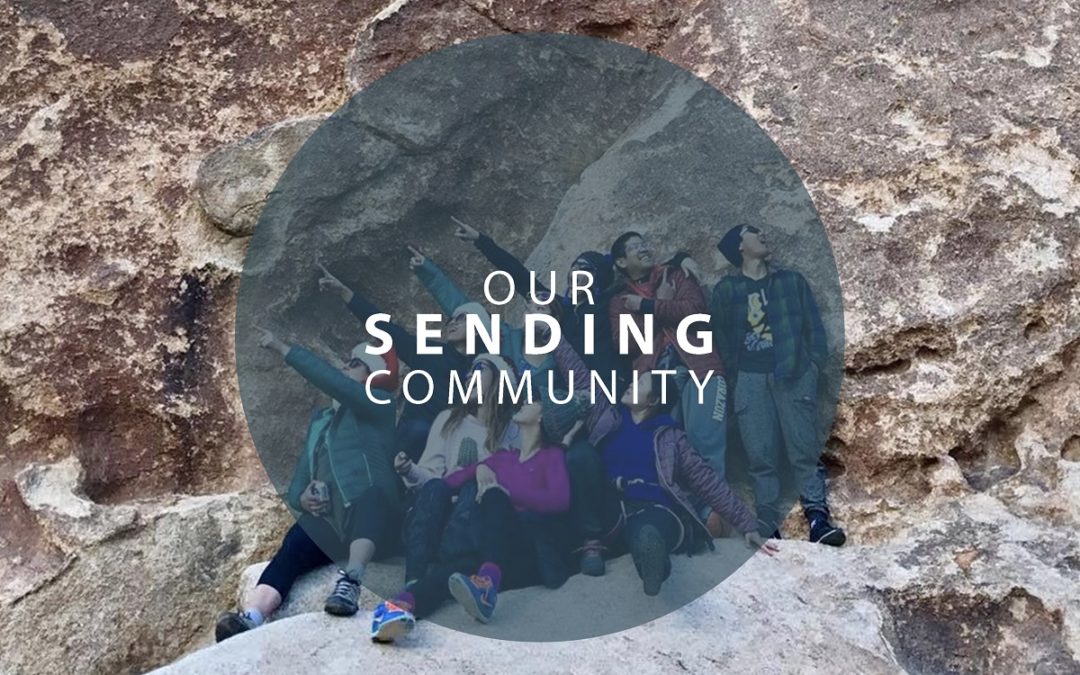Words and photos by Melody Yuan
Ever had that moment while you’re climbing and you reach the crux and hear someone yell, “Yeah! Come on,” or “you’ve got this!”
Given how inclusive and supportive our climbing community is, it’s not out of the ordinary for a small gallery to form, and encouraging comments to grow louder as you grit your teeth up the wall. Some may even spray some beta such as, “match your feet,” or “raise your right foot to that hold by your hip!”
Whether you appreciate them or not, this is the nature of our climbing culture. The level of support and positive feedback helps to motivate me and push past my existing limits to stick the next move. While some climbers may find this level of verbal encouragement distracting and/or stressful, would climbing be the same without our sending communities?
When I first started climbing, I used to cringe when I noticed that people were watching or when they started vocalizing their support. I wasn’t used to it and I didn’t like the attention. Perhaps this was simply due to my self-esteem as a novice climber, but I felt pressured to send and embarrassed if I couldn’t.
Today, however, I am reassured and motivated by words of encouragement. Sure,it could be because I’m climbing stronger now or I’ve simply accepted the fact that I’ll never look as graceful as Margo Hayes while attempting a crux. But I attribute this change to the fact that I’ve gotten to know my sending community. Some of them are now my closest friends who have watched me climb from the very beginning, and we’ve established a bond in which I trust their words (and catch!) while I am on the wall.



What’s the Etiquette?
There is no guideline or real etiquette when it comes to giving verbal support. While I am a climber who now appreciates positive affirmation and encouragement during tough climbs, there are others who prefer quietude while scaling the wall. The initial urge of seeing a climber attempt a hard move may be to encourage them, but be sure not to overstep if you feel like they aren’t comfortable with the all the cheering and beta spray.
I once spoke to a climber who said that the term, “you can do it,” puts an immense amount of pressure on her as she climbs the wall. “What if I can’t do it? It just makes me feel like less of a climber when I come down,” she said.
There are some climbers who also believe that beta spraying defeats the purpose of climbing. An older climber once told me that the only way to improve technique is to reflect on how you could have climbed differently. Beta for some, are only welcomed when asked for. If not, it might be best to keep your beta to yourself and instead, give cues that might help the climber make the connection on their own.
Most climbers can probably express politely that they’d rather not receive verbal encouragement, but body language is also a big indicator to whether or not they appreciate your words. You may have good intentions, but take a second to decipher whether or not the climber needs to hear what you have to say.
Sending Community
Whether it’s the friends who spot you, your belay partner, or the people who watch you climb, the sending community is a supportive and positive one. They are there to help protect you and motivate you to send your projects.
There’s no denying the feeling of satisfaction of sending, and the amplification of that feeling when the community congratulates you on the accomplishment. So I’ll take this moment to thank all those who have patiently belayed or spotted me, and to the many words of encouragement, fist bumps, high fives and hugs that we’ve shared along the way.


